Why it’s Important to Teach Children About the World
8 min read
Last Modified 12 September 2025 First Added 4 July 2024
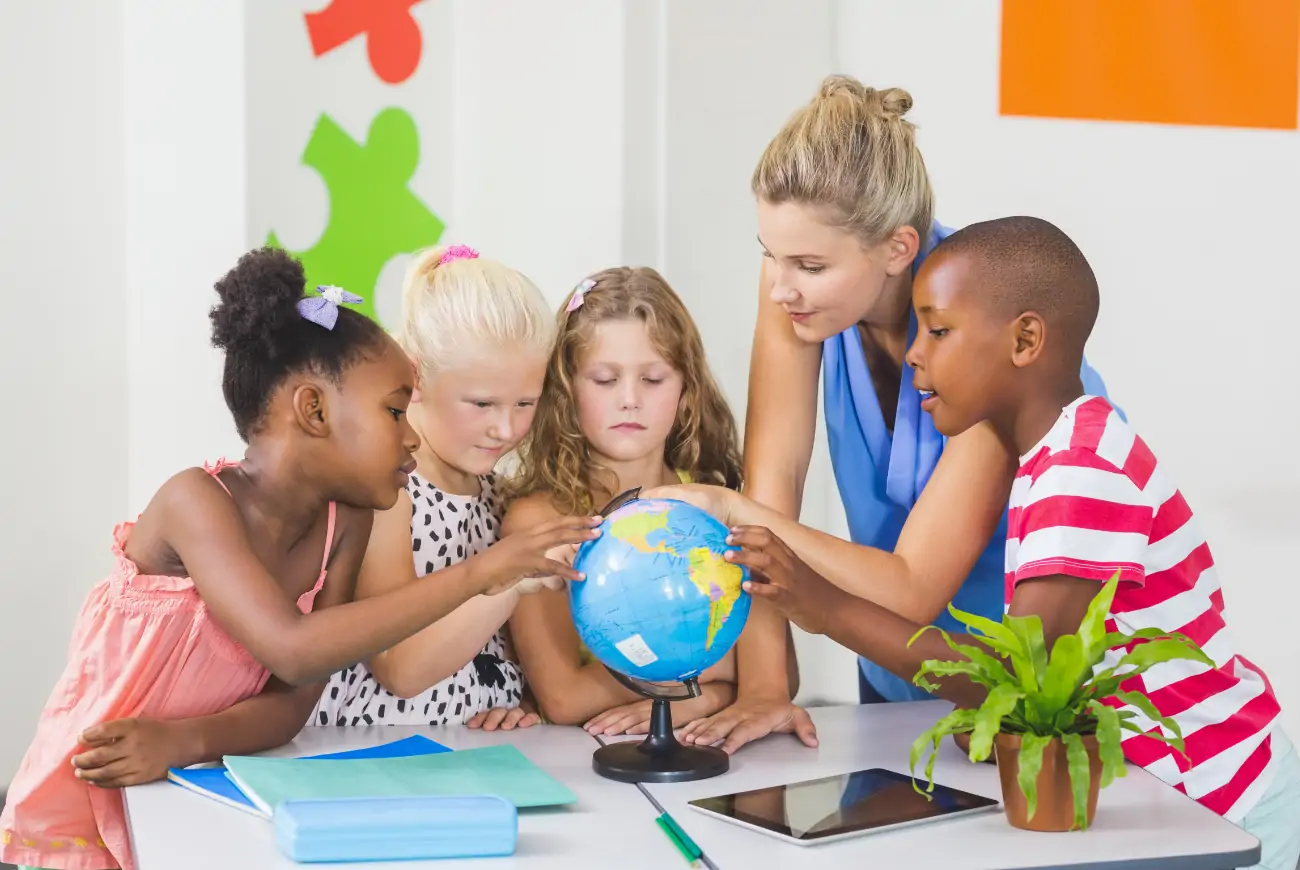
In the world we live in today, it is more important than ever to teach children about the diverse cultures, environments, and people that make up our global community. Understanding the world encourages curiosity, empathy, and a sense of belonging, providing children with a solid foundation for both personal and social development.
We’ll explore why this development is vital for children, incorporating insights from the UK Early Years Foundation Stage (EYFS) framework, age-specific recommendations, activities, developmental aspects, and other essential points.
The Early Years Foundation Stage (EYFS) framework is a structure put in place by the UK government that sets standards for the learning, development, and care of children from birth to 5 years old. This framework identifies the importance of “Understanding the World” and highlights this as a specific and important area of learning and development for children. Encouraging your little ones to become curious about the world around them is a great way to encourage them to explore, learn continuously, and ask questions about things.
Learning about different cultures and lifestyles will also enable them to learn empathy, helping them to understand and respect the experiences and lifestyles of other people, which is vital for building relationships with others. Exposure to various ways of life can help prepare your child to be adaptable and open-minded, which are arguably one of the most crucial qualities to possess in our ever-changing world. Incorporating games and play that educate children about all aspects of the world will help your little ones build knowledge of the world, contributing to their growing sense of identity and sense of belonging.
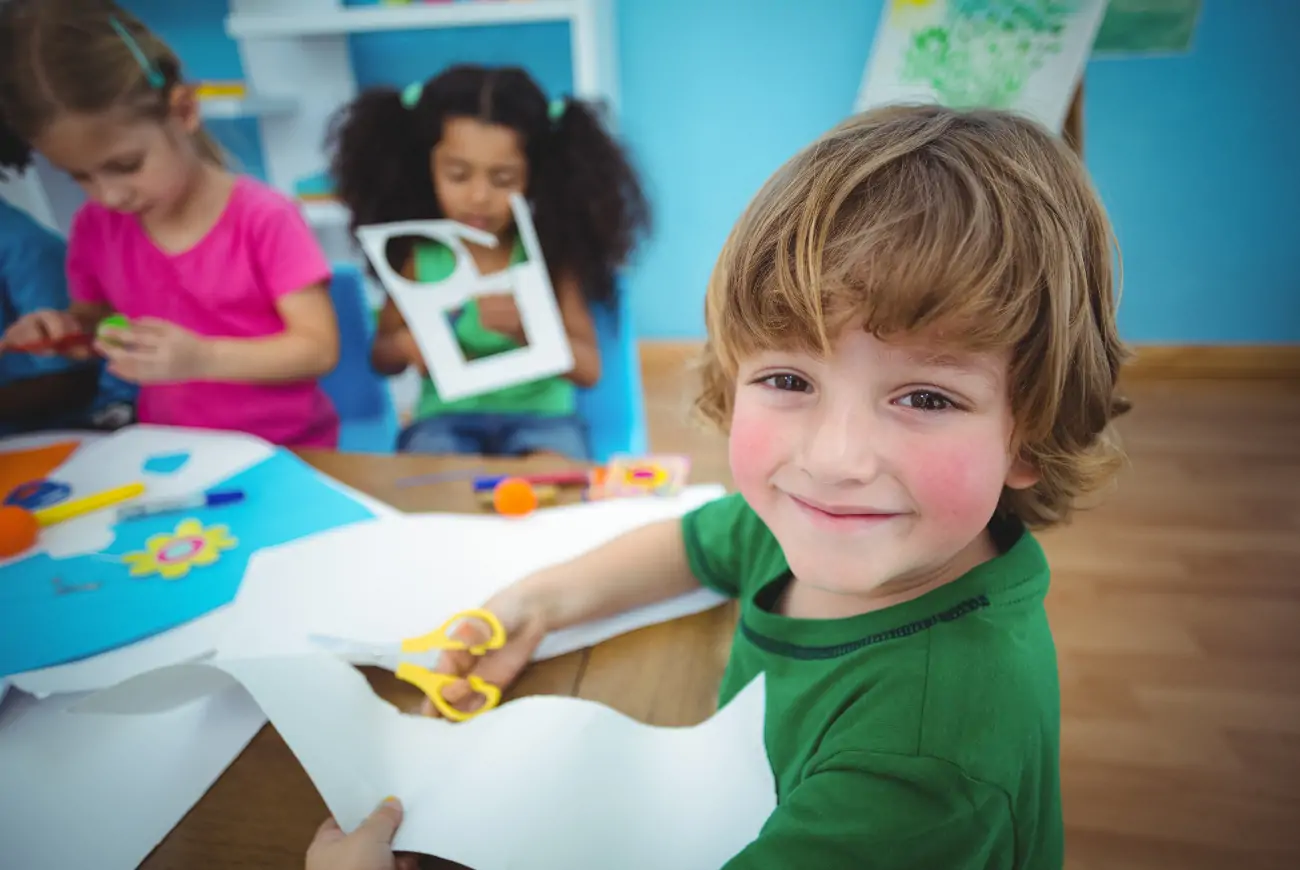
When planning activities to educate your child about the world around them, it is essential to consider your child’s age and developmental stage. Different age groups have varying physical abilities. For instance, babies need opportunities for reaching, grasping, and crawling, while toddlers benefit from active play and outdoor exploration. Toddlers may also require slightly higher-intensity activities to support their growth and health.
Children’s cognitive abilities evolve as they age as well, so tailoring activities to their cognitive level will ensure your little one remains engaged in the activity and experiences meaningful learning. For example, toddlers might enjoy simple puzzles, while 3-5-year-olds may be able to handle more complex challenges. By choosing age-appropriate activities, you are allowing your child to practice social interactions, empathy, and emotional regulation. If these activities involve engaging with peers, they will also be able to learn about more about relationships and emotions.
It is important to remember that children’s interests change over time. Providing activities aligned with their current interests or allowing them to be a part of the activity planning process fosters curiosity and a love for learning. As with any activity, a main concern at the back of every parent’s mind is safety. Considering your child’s age and developmental stage will ensure that activities are safe and developmentally appropriate, therefore minimising any injury. Younger children need close supervision, while older ones can explore with more independence.
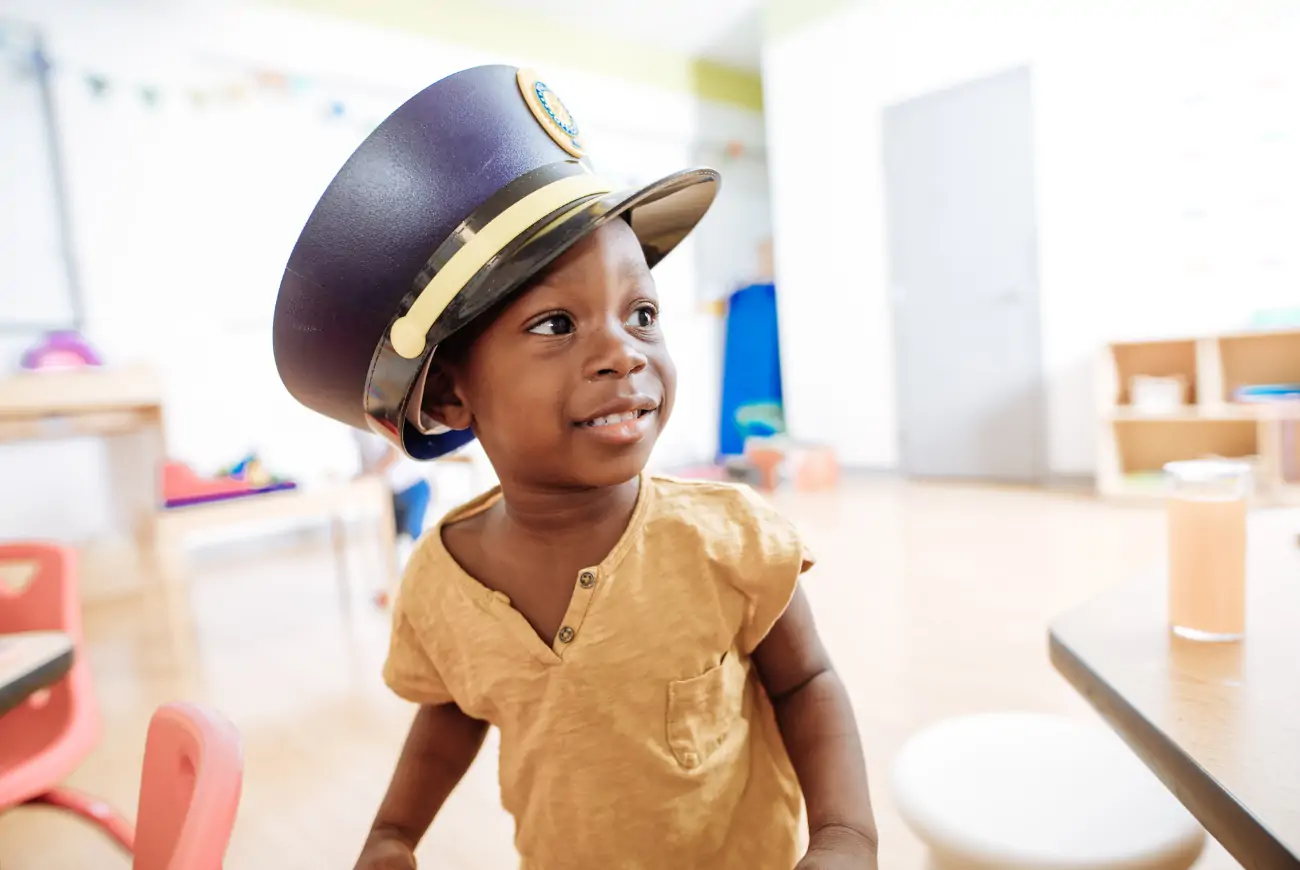
The first few years of a child’s life are crucial to building the base of knowledge that they will carry with them throughout their lives. Children of this age may not yet have a deeper level of understanding of logic and knowledge, but as parents of younger children will know, they love to explore with their hands and mouths! This is because children of this age do their learning and exploring primarily through the use of their senses. Here are some suggestions of activities you can do with children ages 0 to 2:
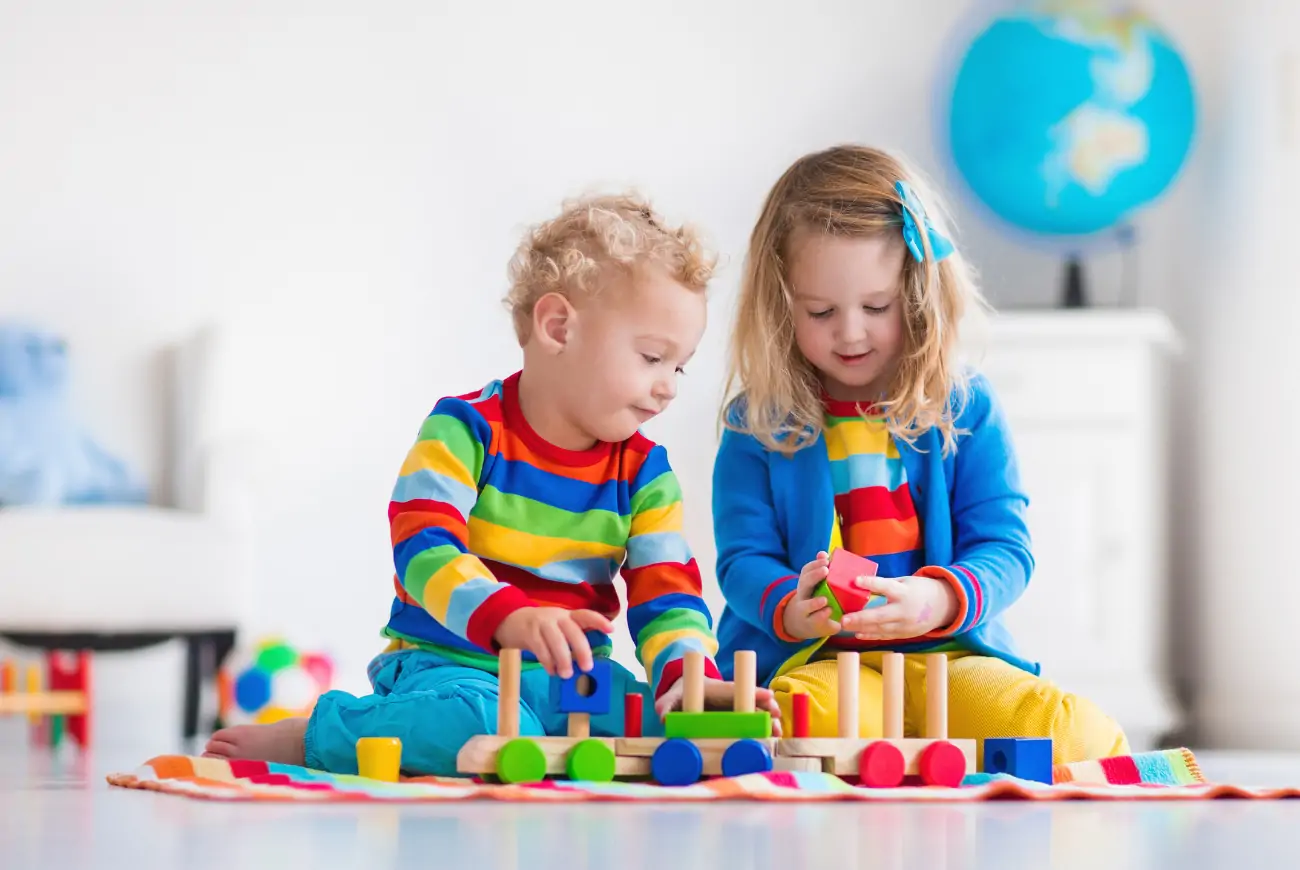
Between ages 3 and 5, children start to become a lot more aware of things in the wider world around them and their curiosity around this also therefore increases too. There is often a strong eagerness to understand this, so what better way to meet that need than through direct interaction and play! This is also a great time to introduce basic language learning, which children can then progress with, in their older years. Here are some suggestions of activities you can do with children ages 3 to 5:
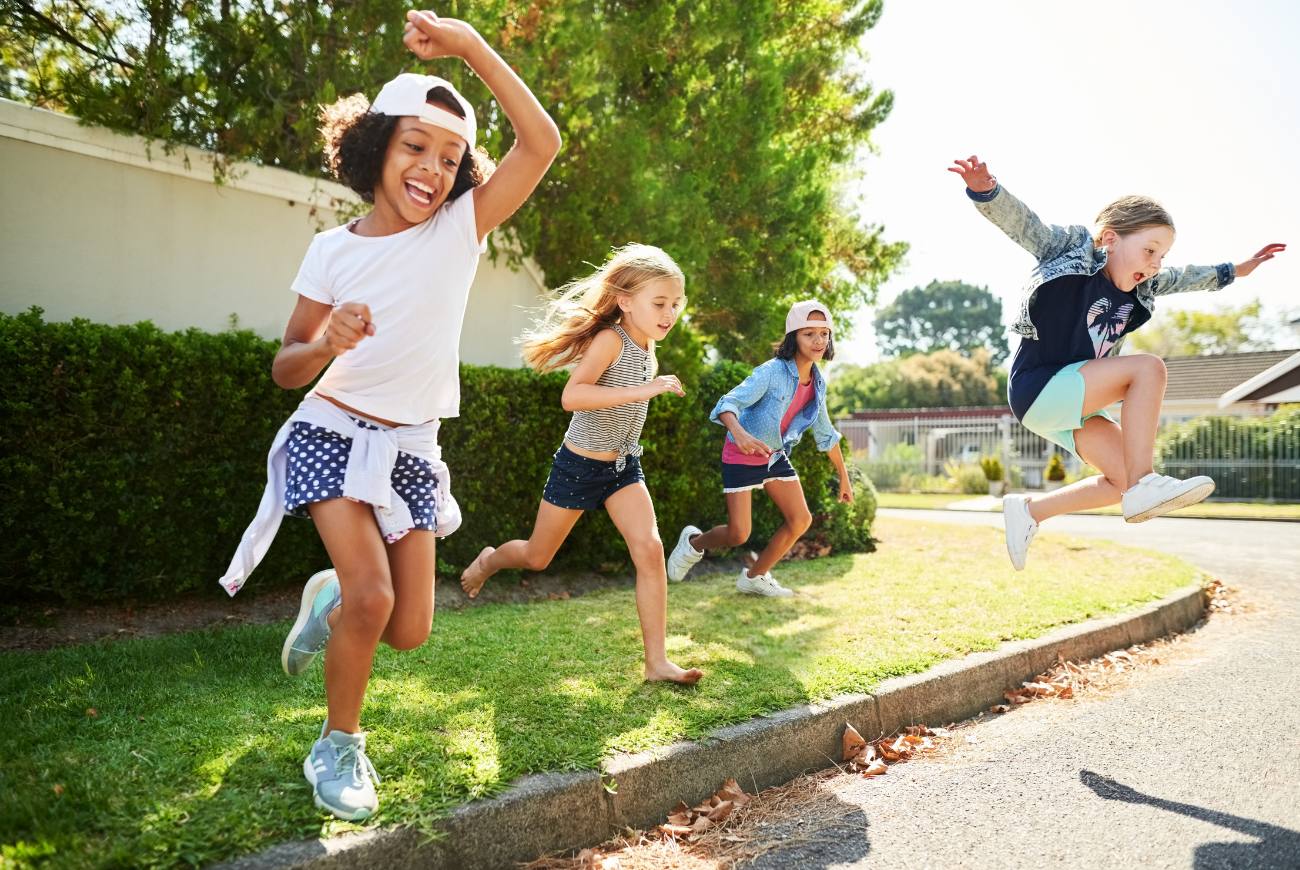
While the EYFS focuses on 0-5 years, we think it is important to continue teaching children about the world as they continue to know more about it and experience more of it. Children within this age group are usually at a stage where they are developing their ability to think in a more complex way and understand things on a much deeper level than they ever have before. Here are some suggestions of activities you can do with children ages 6 to 10:
Learning about the world inclusively is a great way for children to get a feel for the world as the beautifully diverse place that it is. Incorporating aspects of child-friendly technology into this learning can help children to learn digital literacy skills.
Understanding the world and nature will help children establish a meaningful connection with their environment, laying important foundations for the lifelong care of our planet. Encouraging children to explore while learning about the world sparks their curiosity and will drive them to learn about new concepts and delve deeper into understanding the world around them. This will also instil a sense of responsibility and compassion within the child for the environment and its inhabitants. Spending time outdoors and engaging with the nature around them will not only boost the physical and emotional well-being of a child but can also help them to grow intellectually.
Teaching children about the world is not only aligned with the UK EYFS framework but is also crucial for their holistic development. By integrating age-appropriate activities that foster understanding and appreciation of our diverse world, we can nurture well-rounded, empathetic, and knowledgeable future global citizens. Engaging children in these practices from an early age lays the foundation for a more connected and compassionate world.
Looking for ways to teach your children about diversity and different cultures? We have even more fun activities to foster their curiosity and empathy while learning new skills!
Read our disclaimers.